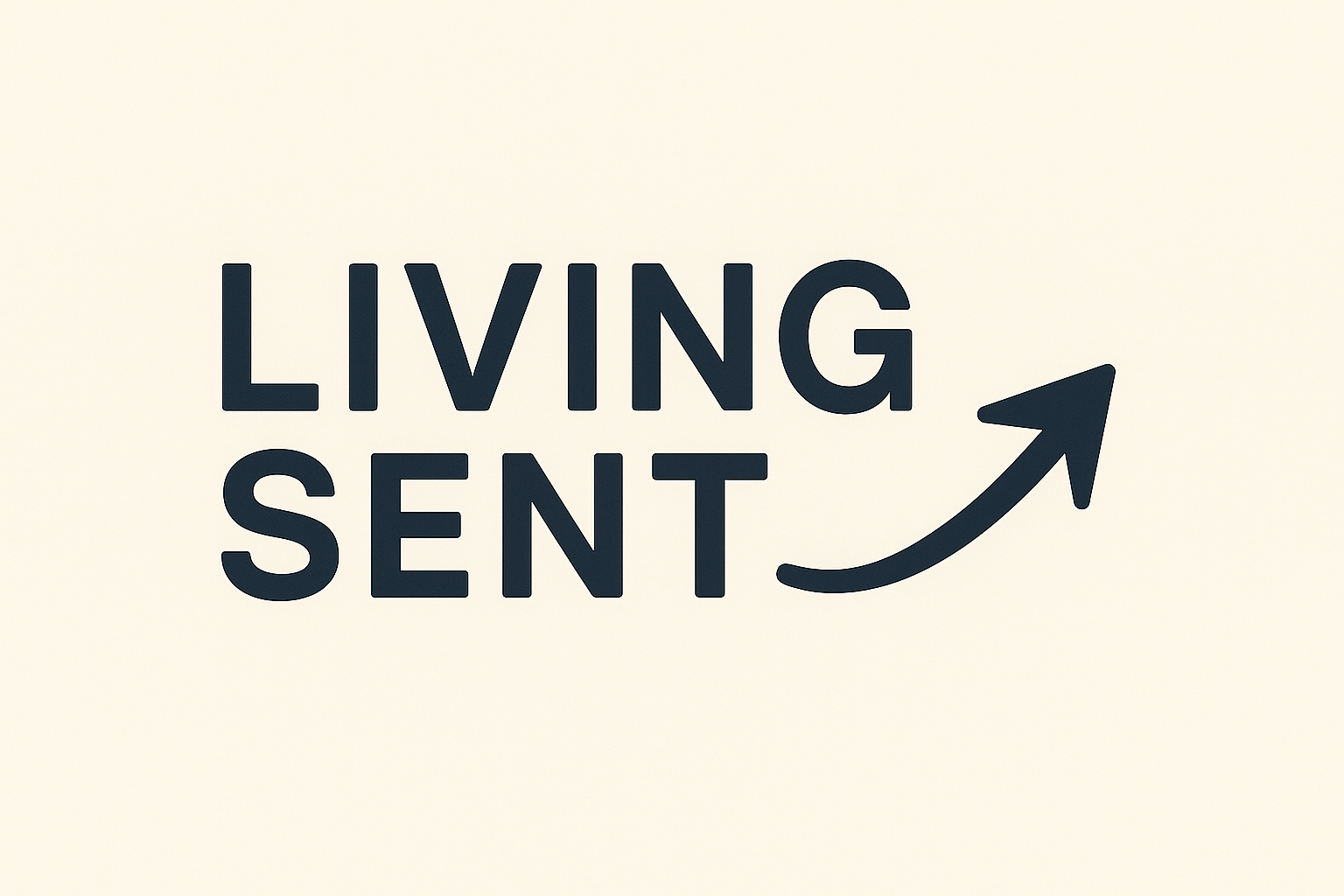Post 5 – Justice, Mercy, and the Prophets

This post is part of the series: "Why We Need the Old Testament—Now More Than Ever"
View the full series here
Justice, Mercy, and the Prophets
Subtitle: How the Prophets Reveal God’s Heart for Righteousness and Renewal
Why do so many Christians skip the prophets?
They’re long. They’re poetic. They’re full of names we don’t recognize and warnings that feel outdated. Many believers avoid the prophetic books altogether—except maybe at Christmas when Isaiah gets quoted.
But that avoidance comes at a steep cost.
The prophets are not just angry voices from the past. They’re passionate, Spirit-filled messengers who reveal the heart of God—a heart broken over injustice, betrayal, and idolatry… and yet relentlessly committed to redemption and hope.
If we want to know what God truly values, we must listen to the prophets.
What Did the Prophets Actually Preach?
1. They called for covenant faithfulness
“I desire mercy, not sacrifice, and acknowledgment of God rather than burnt offerings.” (Hosea 6:6)
God wasn’t interested in empty rituals. The people were checking religious boxes while ignoring God’s commands for love and obedience. The prophets demanded a return to wholehearted devotion.
2. They confronted injustice
“Woe to those who make unjust laws… to deprive the poor of their rights.” (Isaiah 10:1–2)
The prophets cried out against corrupt leaders, exploitative systems, and the mistreatment of the vulnerable. Their messages weren’t vague spiritual critiques—they named economic oppression, land theft, bribery, and neglect of the poor.
3. They pointed toward Messiah and renewal
“The Spirit of the Lord is on me… to proclaim good news to the poor… to set the oppressed free.” (Isaiah 61:1–2, quoted by Jesus in Luke 4)
While they rebuked sin, the prophets also announced hope. They envisioned a new covenant, a Spirit-filled people, and a restored world—what Jesus would later call the kingdom of God.
Jesus and the Prophets: Perfect Harmony
Jesus didn’t just quote the prophets—He lived their message.
- Like Amos, He challenged the religious elite and stood with the poor.
- Like Isaiah, He brought good news and bore suffering.
- Like Jeremiah, He wept over the sins of God’s people and their blindness to judgment.
In fact, the prophetic tradition reaches its climax in Jesus, who both fulfilled their visions and embodied their longing for justice, holiness, and healing.
Why This Still Matters
If the prophets shaped Jesus, they should shape us too.
Too often, modern Christianity divorces personal holiness from public righteousness. But the prophets refused to separate the two. They called God's people to live justly, love mercy, and walk humbly with God (Micah 6:8).
When we ignore the prophets:
- We reduce faith to private morality.
- We become silent in the face of injustice.
- We lose sight of God's deep concern for the poor, the immigrant, the widow, and the oppressed.
But when we recover their voice, we recover God's heart for a holy, just, and merciful people.
Live Sent Practice
Read Micah 6:6–8 and Isaiah 58:6–12 this week. Ask:
- Where is God calling me to deeper justice and mercy?
- Are there places I’ve substituted ritual for real obedience?
- How might I embody the message of the prophets in my community?
Series Index
- Intro: Why We Need the Old Testament—Now More Than Ever
- Why the Old Testament Still Matters
- Jesus and the Law: Fulfillment, Not Cancellation
- Types and Shadows: Finding Christ in the Old Testament
- God’s Mission Didn’t Start in Matthew
- Justice, Mercy, and the Prophets
- How to Read the Old Testament Like Jesus
